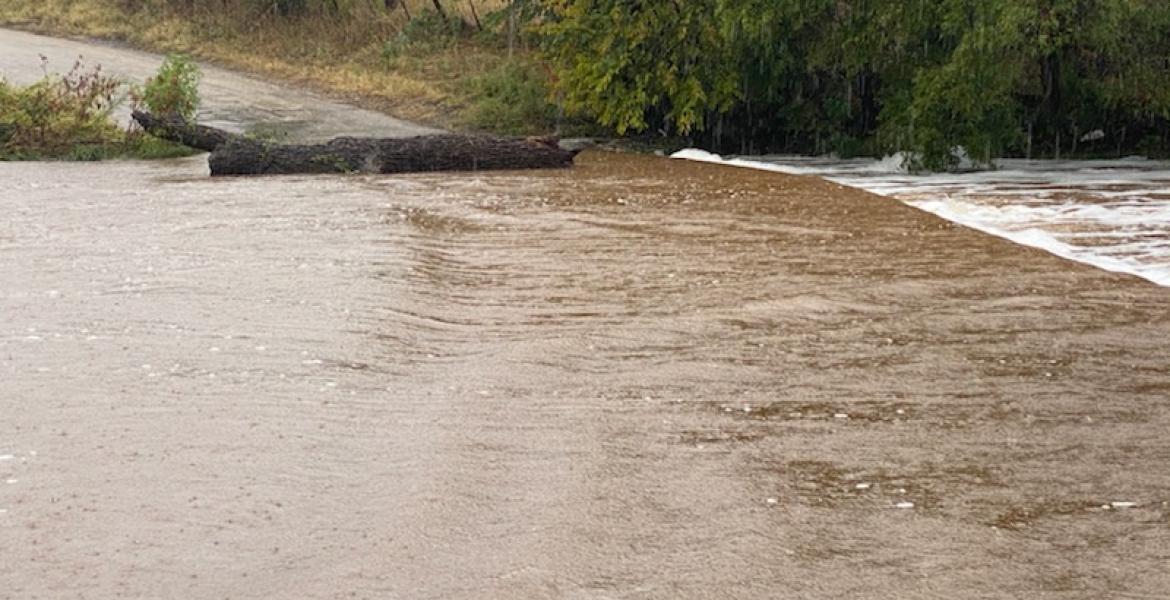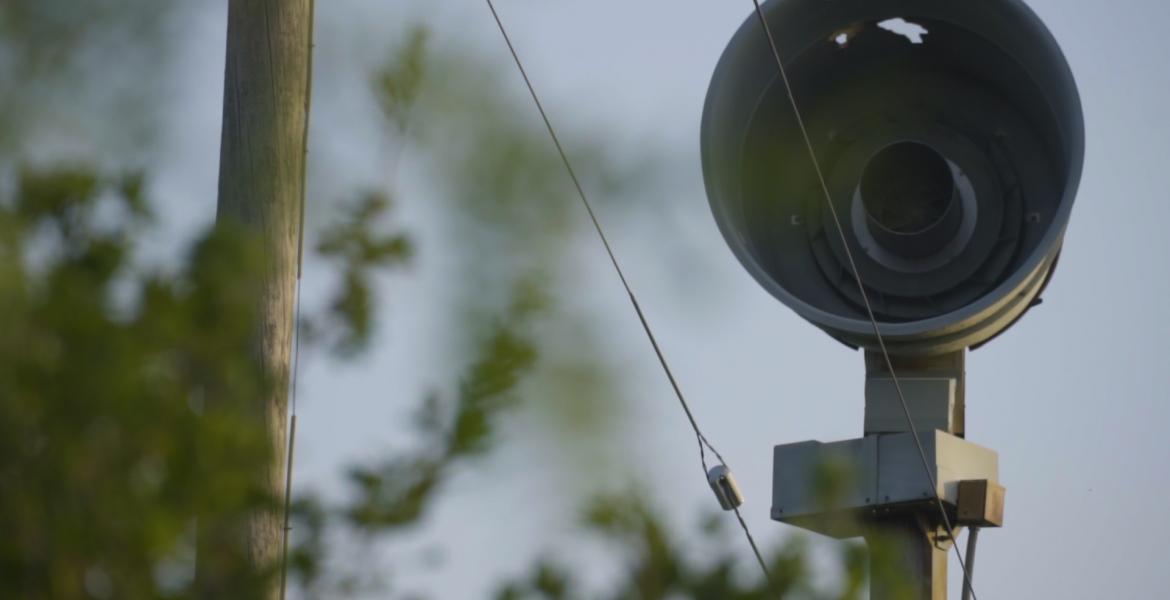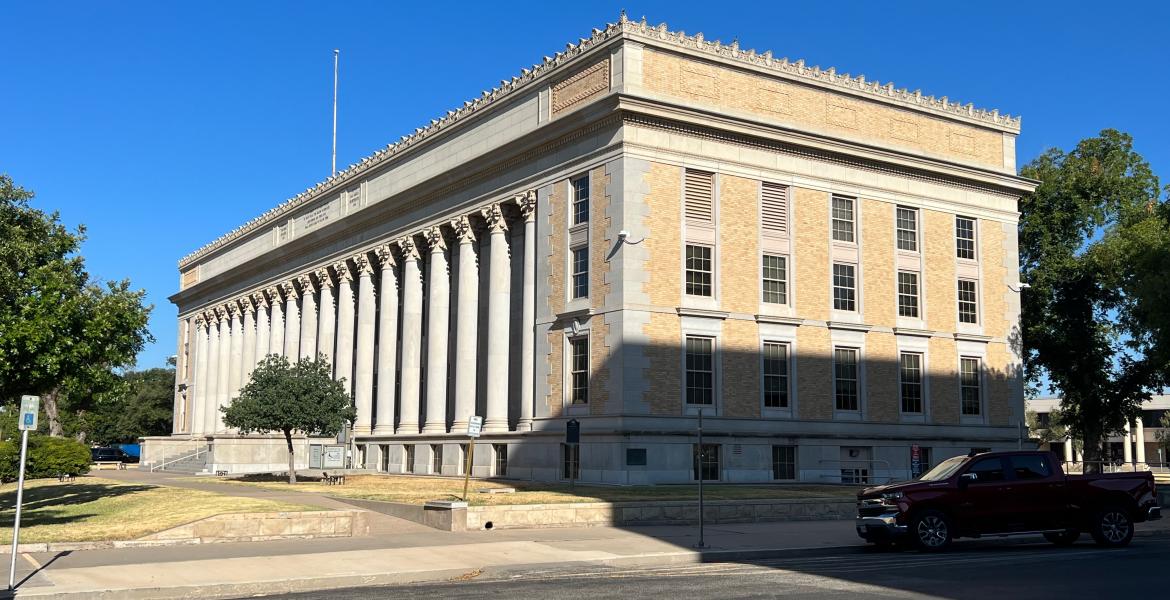Frankie Franco looked up the warnings on the internet and filled the needle with a lethal dosage. Horse tranquilizers. For years, he’d been addicted to Adderall and Xanax—had taken drugs his whole life—but had never injected. This would be the first and last time.
Out at a house he was sharing with a friend, Franco selected a vein on the underside of his wrist and pushed down the plunger. He was 27 years old, had no job, no food, and had been slinging pills and dope to support is own habit. Getting high on his own supply. When the effects started to wane despite his upping the dosage, Franco saw only one way out, and the resolution should have been permanent.
“I shot myself up right here,” he said, holding his arm out and pointing to his wrist. “You’re not supposed to do that, I guess, because it’s like a small vein so it didn’t work, but I had a crazy, like, spiritual trip. I thought I was in hell and I thought I had killed myself and thought I was actually in hell.”
Sitting in a small but tidy apartment in east San Angelo, Franco prepares himself a salad as he recalls the night of Dec. 16, 2013. His focus is clear and his word selection telling: the past three months of rehab and recovery have left their mark. He knows the lingo and for some 100-something days, he’s been sober. His life, he says, was saved by a half-kept promise he made to himself years ago. Now, he lives to save others.
“My parents were both IV users when I was growing up,” he explained. They were heroin addicts. “I lived with my grandma, so I was facing a lot of abandonment and a lot of resentment towards my parents. I always told myself, ‘I’m never going to do what my parents did. I’m never going to do drugs’. His disgust of his parents' habit meant he didn't end up shooting up.
“I would have been dead if my parents weren’t addicts and I never made that promise not to use IV,” he said. “Because of that is the only reason why I’m alive. If I knew what I was doing, I would have totally died. I got on the internet and I saw how much would kill you and I just didn’t know how to shoot up. But I would have definitely known how [had I not made that promise].”
Following the attempted suicide in Comanche, Franco returned to his hometown of Midland and sought help. He went to a resource center and asked about rehab and recovery programs, diligently calling the receptionist back on a daily basis until she informed him that there was a bed free at the Williams House in San Angelo. Williams House is a residential substance abuse treatment center operated by the Alcohol and Drug Abuse Council of the Concho Valley (ADACCV).
Uncertain of how well the program would work and still clinging to alcohol as he decided to battle his pill addiction, Franco moved to San Angelo and started the program.
“I came to San Angelo to the Williams House through the ADACCV program and it was just amazing. I had tried to do the rehab a year before, but I didn’t do it,” he said. “I wasn’t done. I still wanted to use and I didn’t work the steps. This time, when I went to rehab, I actually did the steps and I realized how vital it was to surrender to your own alcoholism or drug addictions and to say there’s a problem.”
For 45 days, Franco and a group of other men from various backgrounds lived at Williams House and attended Alcoholics Anonymous and Narcotics Anonymous courses, went to the gym, to the library and regular meetings, and began to identify the sources of their addictions.
Instrumental to his success in the program, Franco said, was learning to focus on his internal struggles and to let go of superficial ideals imposed by societal and cultural expectations. He made a list of the negative experiences and feelings he had at points in his life, and concentrated on the areas that had affected him most deeply.
“Once I could do that I realized how important it was to not feel ashamed of the things I could not control in my past and to let it go,” he said, recalling his parents’ addictions once more.
“I had all these dreams,” he said. “I wanted the perfect relationship and when I was getting sober, I was like, ‘Okay, if I’m going to give up drugs, I better have the perfect life. Like if it doesn’t get really great, then I’m not going to stay sober’. I’ve had to let go of this idea that I’m going to meet the perfect person and have the perfect job and have the perfect life because putting my recovery first, it’s important that I realize that I still need to be okay if all this stuff doesn’t happen, if my life doesn’t go perfect. That was a really important lesson.”
While he was in recovery, three men that were in the program with him died of overdose. Three more have since relapsed, he said, and only 10 percent statistically remain clean. In order for him to survive, he said, Franco needs to continue to attend meetings and to devote his time to helping others.
“It’s all about helping other people,” he said. “If I’m constantly helping other addicts…the chances of me relapsing are lower. But if I stop going to meetings or get selfish…if I get away from the lifestyle, I’ll relapse. This is something you do for the rest of your life.”
As graduation from Williams House neared, Franco began to worry about what would come next. He couldn’t rely on his family because they were still actively addicted and didn’t know many people locally since he is from Midland. To his surprise, San Angelo came through for him again, and social workers began assisting him in finding an apartment at a local faith-based complex called Turning Point.
“I really didn’t think that so fast out of recovery I was going to have a stable foundation and that’s what scared me the most,” he offered. “I was leaving everything I knew and the most fearful thing in my mind was what am I going to do after this whole recovery thing. About the last week, people started calling and talking to me. It’s really critical in that transitional period to have some kind of stability, especially coming from a different town.”
Franco graduated from Williams House on May 14, 2014 and immediately moved into the Turning Point apartments. Upon arrival, he received assistance with groceries and all the standard furnishings so that he could focus on getting back on his feet. Friends made through the program helped him find a job and check on him regularly, and each week he tries to make at least three meetings.
Life as a recovered addict is different than he thought it would be, Franco said, and surprisingly it’s better. Although he still gets tested from time to time, Franco says his ambition to live and to set a good example for children keep him on the right path.
“The hardest part is letting go of what I thought of our culture,” he said. “Like you go to a bar, you go to a music festival, you drink a beer and you smoke a joint and you have fun. The hardest part for me was wondering how am I going to have fun if I can’t drink or I can’t smoke or I can’t do what all these other people are doing.
“The truth is, I didn’t want to stop drinking when I first went in,” he continued. “I just wanted to stop taking pills. I was like, ‘I’m still going to go to the bar…how am I going to meet somebody’, but then I realized that it’s important to set an example for kids who think that’s all there is. When I was that age, I thought that’s all there was. I didn’t know you can go rock climbing or you can go do whatever and just be active.”
Aside from work and volunteering, Franco spends his time addressing fears and trying new things. It started when he was asked to speak at conferences—he has a fear of public speaking—and since then he’s gone skydiving and gone to the pet shop to hold a tarantula and a snake. “I had a fear of snakes so I went to the pet shop and held one and fell in love with her,” he said. “I might go buy her.”
Franco said that if he could go back and offer himself one piece of advice while he was battling addiction it would be “that I would receive everything I needed if I just chose to let go of everything I didn’t. In my addiction I was scared of being lonely and having to fend for myself. I would also say for the youth and the people that think that it’s all about the party that it’s fun [to be sober]. It can be enjoyable, it’s not like a battle or a fight, it’s a lifestyle that I choose to live now and I enjoy it.”
Asked why he chose to share his story publicly, Franco said, “I just want people to know that it’s possible.” The idea came when he read a previous LIVE! article titled “Confessions of a San Angelo Meth Addict” and began reflecting on the things he’d experienced throughout his life. “It (the story) was heartbreaking,” he said. ‘”I want people to know there is help. The social work in the community is great. There’s a lot of people that give a lot in this community and I’m not used to it. I wouldn’t be able to do this without them.”
If you or someone you know are suffering from addiction, contact the Alcohol and Drug Abuse Council of the Concho Valley at 325-224-3481, or call the crisis hotline at 800-880-9641 24 hours a day.
Subscribe to the LIVE! Daily
Required






Post a comment to this article here: